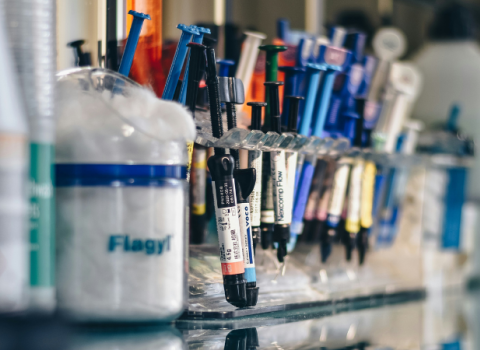
The decision to extend the funding was taken by the Joint Committee of the Deutsche Forschungsgemeinschaft (DFG, German Research Foundation) earlier this month. The centre will now receive €30 million.
The Dresden Research Centre was established under the Excellence Initiative of the German federal and state governments as a cluster of excellence. The institution, in which researchers from the life sciences, natural sciences and engineering sciences collaborate, intends first of all to gain basic scientific results in regeneration and stem cell biology, and in the longer term develop these into new cellular therapies and treatments.
The research to date was reviewed earlier in the year by a peer review panel consisting of leading international scientists, which recommended further support for the centre. Echoing this, the Joint Committee of the DFG said the obtained by the centre are, “highly visible internationally, and impressive.” The Committee also said the centre is “unique in Europe” and ranks among the leading institutions worldwide. As proof of this, 60 per cent of its researchers have been recruited from abroad. Apart from the Technical University of Dresden, the centre includes the Max Planck Institute for Molecular Cell Biology and Genetics, and ten other non-university research institutions.
The DFG supports five similar centres, The Ocean in the Geosystem in Bremen, Functional Nanostructures in Karlsruhe, Experimental Organic Medicine in Würzburg, Matheon - Mathematics for Key Technologies in Berlin and Molecular Physiology of the Brain in Göttingen, which were set up to focus scientific competence and build their cooperation between university and non-university institutions.
For more information, visit: http://www.dfg.de/en/research_funding/coordinated_programmes/dfg_research_centres/





 A unique international forum for public research organisations and companies to connect their external engagement with strategic interests around their R&D system.
A unique international forum for public research organisations and companies to connect their external engagement with strategic interests around their R&D system.